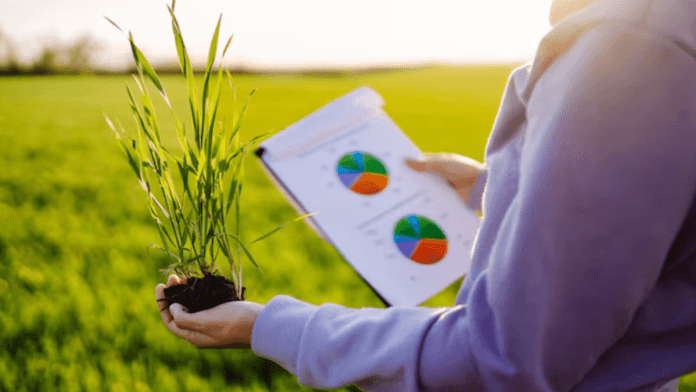News in Brief:
The Global Soil Partnership aims to improve the health of 50% of the world’s soils by 2030 through political will, cooperation, and investment.
The recent assembly of the Global Soil Partnership, spearheaded by the Food and Agriculture Organization of the United Nations (FAO), underscores the critical importance of prioritising soil health in the face of multifaceted challenges.
One of the central objectives outlined in this gathering is the ambitious target to enhance and sustain the health of at least 50% of the world’s soils by 2030. This goal necessitates not only ambition but also immediate action, requiring a concerted effort from policymakers, stakeholders, and investors.
The agency’s Director-General, QU Dongyu, rightly emphasizes the crucial role of political will, cooperation, and investment in achieving this target. Without commitment from governments, collaborative efforts, and adequate financial backing, such objectives risk remaining aspirational rather than actionable.
The assembly also highlights innovative initiatives aimed at bolstering soil health, such as the Vision for Adapted Crops and Soils (VACS) spearheaded by the US Department of State. This initiative seeks to foster resilient food systems by promoting diverse, nutritious crops cultivated in fertile soils.
FAO’s Soil Mapping for Resilient Agrifood Systems (SoilFER) project exemplifies practical measures being undertaken to support soil health. By leveraging soil data to inform policymaking and fertilizer recommendations, projects like SoilFER contribute to sustainable agricultural practices on both national and local scales.
Events hosted by organisations like Thailand’s Land Development Department and the World Soil Day Association serve as platforms for sharing success stories and promoting context-specific, culturally suitable soil management practices. Such collaborative efforts are instrumental in disseminating best practices and fostering global solidarity in soil conservation.
In the face of interconnected challenges, including climate change, natural resource degradation, and food insecurity, soil health emerges as a linchpin for sustainable agriculture. Preserving and enhancing soil quality is not merely an environmental imperative but also a means of addressing broader socio-economic issues.



